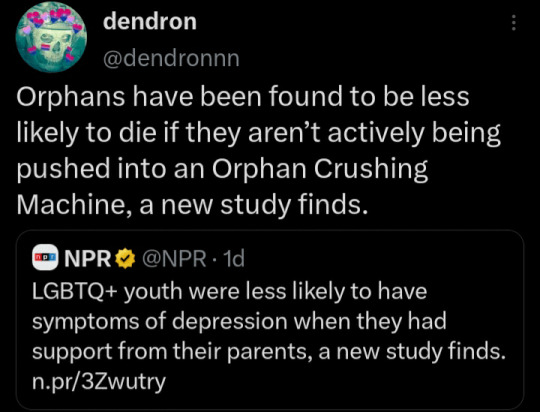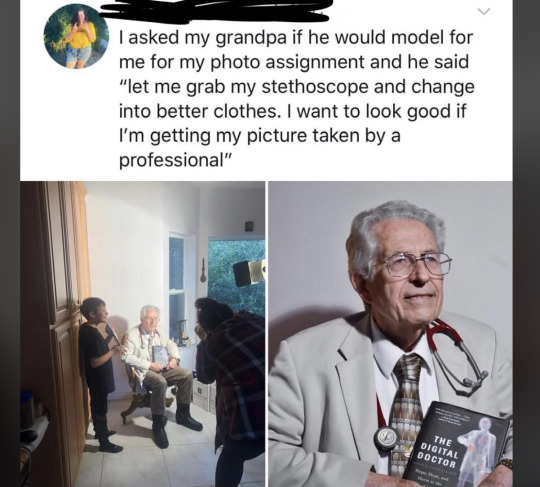Text
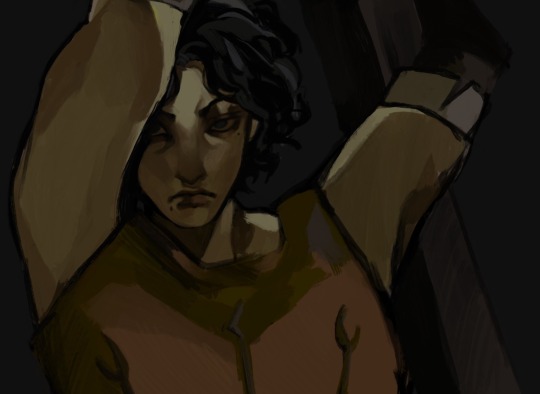


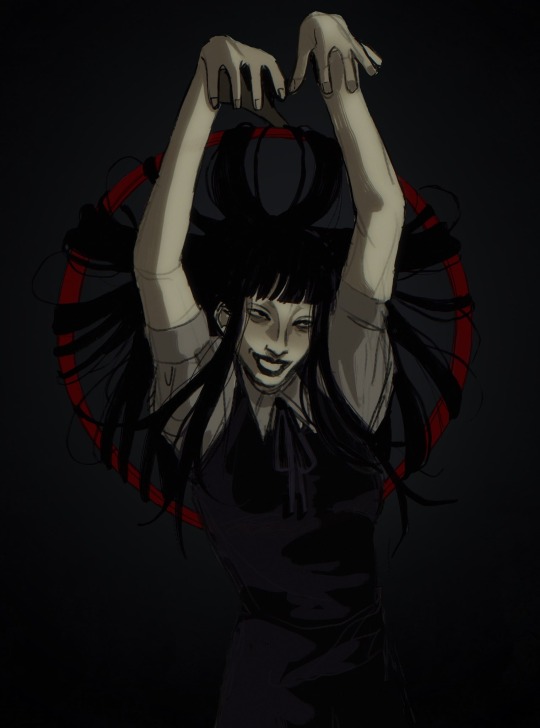
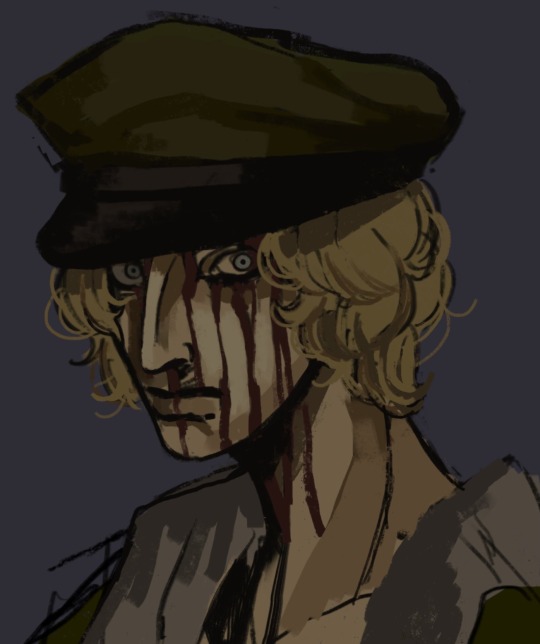


Fear and Hunger arts that i didnt post on here yet
9K notes
·
View notes
Text

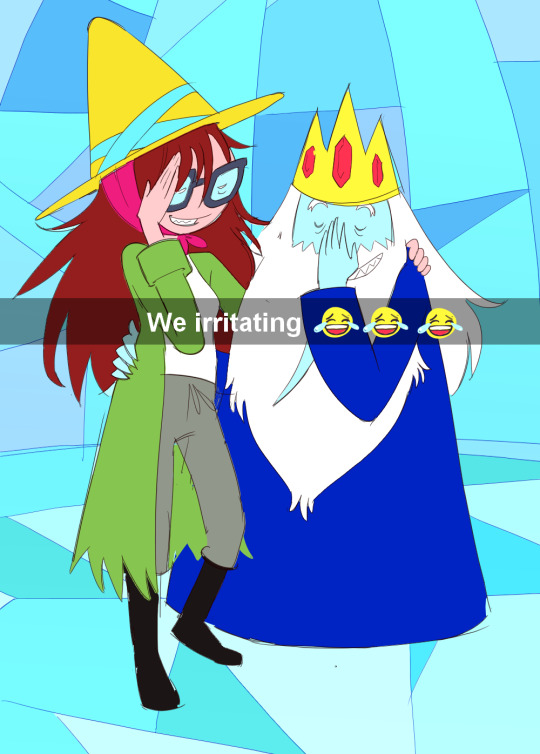
everyone would just fucking hate them
22K notes
·
View notes
Text
Original panel:
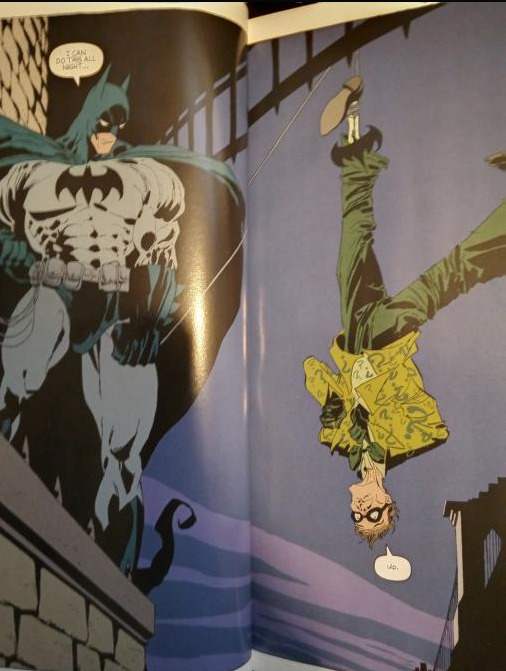
(sorry for the rubbish photo quality)
761 notes
·
View notes
Text


joker and his little friends 🦇
1K notes
·
View notes
Text
footballers when the ref gives a foul after they commit an obvious foul

754 notes
·
View notes
Text
Sirius: "Snape knew more curses when he arrived at school than half the kids in seventh year."
11 year old Severus: "You motherfucking, shit-stained, cunt-mouthed little prick. Your chin looks like a ballsack and your droopy eye looks like the hood of a clit."
11 year old Sirius (crying): "I'm rubber, you're glue--"
3K notes
·
View notes
Text
How Authors Write Fictional Wars
Some of our favorite novels include wars. They might stretch over a trilogy or build within a single book. Writing one might seem staggering, but it just takes a different planning approach. Use these tips to write a fictional war for your next story and make your readers feel like it really happened.
Foundational Factors to Consider
1. Your Opposing Sides
Wars always have at least two opposing sides. Start there and develop them before deciding if you need a third or fourth side involved. Cover details like:
What does each side want?
What would each side settle for?
What is each side’s worst-case scenario?
What is each side’s hard no? (What wouldn’t they sacrifice or do to win their cause?)
2. Who Supports the Opposing Sides and Why
As a war progresses, each side loses resources. They start running out of money, soldiers, and whatever public support they had when they started the war due to citizens losing their loved ones or sacrificing for the cause.
Your protagonist and antagonist will need to ask for help eventually. Who would support them and why?
There are numerous reasons why someone might pick one side of a war over another. Politics and economics are often the first things leaders consider. The morality behind each side is another factor.
Consider the American Revolution. Many historians believe America would have lost without France sending money, troops, food, and supplies. Why would France support a budding nation over Great Britain? People argue it was because the French:
Wanted to humiliate the British king
Wanted to hurt their British military rival by partnering with America
Wanted to weaken the British kingdom by ending the colonial taxes they benefited from
Wanted to gain power on a global standing by overcoming Great Britain and rising as America’s first ally
These reasons are great examples of what your novel could include. Another country, kingdom, or group could rise in sudden support for your protagonist or antagonist, ultimately throwing chaos into the determined path of war for better or worse.
3. The War’s Terrain
People can break into battle almost anywhere, depending on your fictional world. Your characters could fight:
On land
On sea
In space
In the air
Underground
Online
Some terrain also comes with other considerations. If your war happens on an ocean, will storms and hurricanes affect battles or the ultimate outcome? How will the soldiers and leaders on both sides deal with the weather?
Note these possibilities as you plan your novel. You can add them in as background or crucial plot devices once you have a skeletal structure in place for your story.
Need help remembering everything you’ve imagined? Try making a map and keeping it wherever you write.
4. What Would Make Each Side More or Less Powerful
There’s always something that could give one side an advantage over the other. It’s often in an unexpected way, although you could make the advantage a goal. The bad guys might feel confident in their ability to win, but they have a secret mission to develop a new weapon just to give them a greater advantage.
Other factors to consider would be one side or another doing something like:
Discovering or enacting a magic system
Eliminating a crucial resource their enemy depends on
Removing funding that makes their enemy able to fight by befriending or overcoming their enemy’s financial backers
Changing the positive or negative public perception of the other side’s reason for fighting to change national morale
Doing something that makes one side’s leaders more or less moral (which could change public perception, the soldiers’ vigor, the leadership’s advisory team together, etc.)
6. What Kinds of Conflict You’ll Write
There are two types of basic conflict you’ll likely write when navigating a fictional war. You may not need both if your story is shorter, but adding both makes the plot more realistic.
First, there’s external conflict. You’ll have at least two opposing sides on some kind of battlefield, sneaking around on spy missions, planning surprise attacks, etc.
Secondly, there’s internal conflict. Soldiers might start fighting amongst each other, people in leadership positions could lose trust in each other, citizens might turn on their country’s cause for one reason or another, etc.
7. What Weaponry Your Characters Will Use
The weapons used in your war depend on numerous factors. It will draw from the genre you’re writing, the time period your story takes place, the advancements made in each civilization’s weaponry prior to the war, and any advancements made while the war goes on.
Examples of these could be:
Guns
Swords
Bows
Bombs
Drones
Armed ships
Armed space ships
You should also consider if one side’s weaponry is more likely to change during the course of the war. That’s more plausible if your story or characters change locations where regional cultures use different weapons. Also if the war spans years, people will naturally develop new weaponry during that time.
If you want extra details to daydream about, think about which weapons will become outdated during your story. Some will prove less useful due to complicated usage or cleaning. They also may not work, like if your science fiction characters follow their enemy underwater, but their laser guns require a dry atmosphere to function.
Include Emotional Plot Arcs
Writing always involves some kind of emotional work that results in a plot arc. It keeps the reader engaged by evoking their core feelings. That’s what makes a novel different from a textbook (in a very basic sense).
Work on details like these to find what emotions will be most present and relevant to your story:
Your overall theme
Your characters and what they experience
The action your characters will go through
How the above action will change your characters by affecting their loved ones
What your characters’ goals mean to them emotionally
If your characters’ will undergo things that change their perception of their world, leaders, country, or themselves
You don’t need all of these things to have an emotional plot arc, but they’re relatable human elements that can drive your plot right into your readers’ hearts.
Avoid Some War Story Tropes
Tropes have a bad reputation that I don’t think is entirely deserved. People recognize them as overdone stereotypes, but sometimes they’re useful.
When you’re writing a war, you’re going to have necessary tropes like:
The hero
The unit or squad
The antagonist
What they undergo and who they become is how you make them fresh concepts for your readers.
Some tropes aren’t helpful because they’re what readers expect from every story. If you give them what they expect, your story isn’t as engaging (unless you get the occasional reader who exclusively reads war novels and never tires of overdone tropes).
Keep these in mind as things to avoid, unless you have an ingenious way to make them a brand-new experience:
One soldier dying in another’s arms
A character dying by going out ���in a blaze of glory”
Characters using guns in ways that are obviously wrong (i.e., firing more bullets than the gun-type/model holds)
Getting military rank incorrect (if your characters exist in a real-world, already existing military structure)
Injury-proof characters (even your protagonist will eventually encounter some physical harm, whether it’s illness in bad weather or getting shot on a battlefield)
You can check out this great resource to discover more tropes to avoid/consider as you draft your plot outline.
-----
If it feels like writing a war over the course of a book or a series is challenging, you’re not alone. There’s a lot to consider to make it have an engaging flow.
Keep notes on things like these to develop your story as much as possible before starting your first draft. You can always go back and add or edit things out as needed while developing it. Writers do this all the time—you don’t need to get any manuscript perfect on your first try.
575 notes
·
View notes
Text

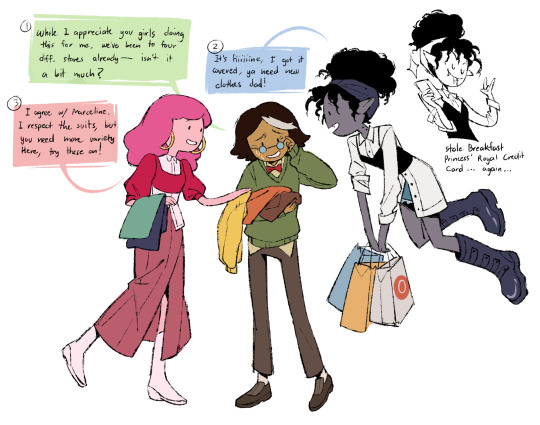
local old man finally gets new clothes
52K notes
·
View notes
Text


Tailor made
223 notes
·
View notes
Text




Battle of the Surfaces, 2007 | photos
56 notes
·
View notes
Text
incredibly fucked up you can put off things for “tomorrow” and then. and then tomorrow comes
51K notes
·
View notes
Text
rb for larger sample size !! you can also say what country youre from in tags if u want to bc im trying to see something
12K notes
·
View notes

